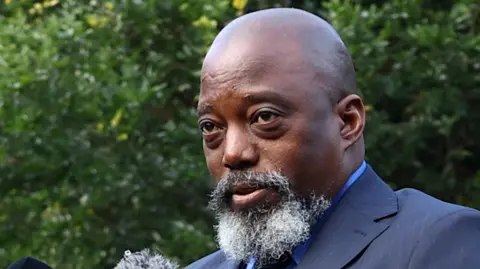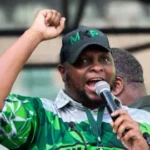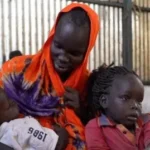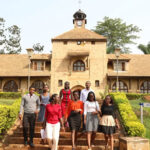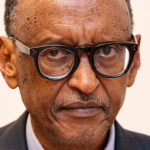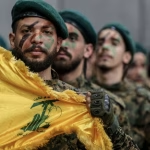In a groundbreaking political move, the Democratic Republic of the Congo (DR Congo) recently banned the political party of former President Joseph Kabila, citing alleged ties to rebel groups active in the eastern regions of the country. This decision, taken by the Congolese government, highlights the ongoing tensions in a nation grappling with insurgency, political instability, and the quest for democratic governance.
Background of the Ban
The decision to ban the People’s Party for Reconstruction and Democracy (PPRD), Kabila’s political party, was announced on October 15, 2023, during a press conference led by the Minister of the Interior. The minister asserted that the PPRD had become a channel for illicit activities and was purportedly collaborating with armed rebel groups, including the notorious M23, which has been a thorn in the side of the Congolese government. This group, initially formed in 2012, has been linked to a broader spectrum of violence and instability in the eastern provinces, particularly in North Kivu and Ituri.
This action is part of a broader crackdown on political entities believed to support or harbor militant factions. The Congolese government faces immense pressure both domestically and internationally to restore peace in the region, where decades of conflict have resulted in millions of displaced individuals and widespread human rights abuses.
Allegations and Evidence
The allegations against Kabila’s party stem from investigations that revealed substantial communications and financial transactions between members of the PPRD and various militia leaders. Sources within the Congolese security forces alleged that party officials had been facilitating logistics for the M23, providing them with resources to sustain their operations. However, critics argue that the government has not presented enough concrete evidence to justify the sweeping ban, suggesting the measure is politically motivated to undermine Kabila’s influence ahead of upcoming elections.
Additional inquiries conducted by the United Nations and local watchdogs have suggested a complex network of alliances between political factions and paramilitary groups in the eastern provinces. Such dynamics make it challenging to discern where political affiliation ends and militant allegiance begins. The United Nations Organization Stabilization Mission in the Democratic Republic of the Congo (MONUSCO) has repeatedly highlighted the intricate ties between local politics and armed groups, complicating efforts to achieve lasting peace.
Political Ramifications
The ban on Kabila’s party has sparked outrage among his supporters, many of whom see this as an attempt by the current President Félix Tshisekedi’s administration to consolidate power by removing potential political rivals. Kabila, who ruled the country from 2001 until 2019, remains a significant figure in Congolese politics; his departure from power has not diminished his influence, and many still view him as a critical player within the political landscape.
In response to the ban, Kabila’s party has announced plans to appeal the decision, arguing that it violates the principles of inclusivity and democratic representation. International observers have called this move a dangerous precedent that could lead to further political repression in a country already battling with the specters of authoritarianism.
Conclusion
The ban on Joseph Kabila’s political party underscores a pivotal moment in the Democratic Republic of the Congo’s turbulent history. As the government grapples with both internal and external pressures to address the myriad complexities of governance, security, and peacebuilding, the political landscape remains fraught. Whether this bold move will stabilize the situation or ignite further unrest is yet to be seen, but it is clear that the consequences of this ban will reverberate throughout the country and beyond in the months to come. The world watches as DR Congo navigates this precarious junction, with democracy hanging in the balance.
Email Us on editorial@nnafrica.com


